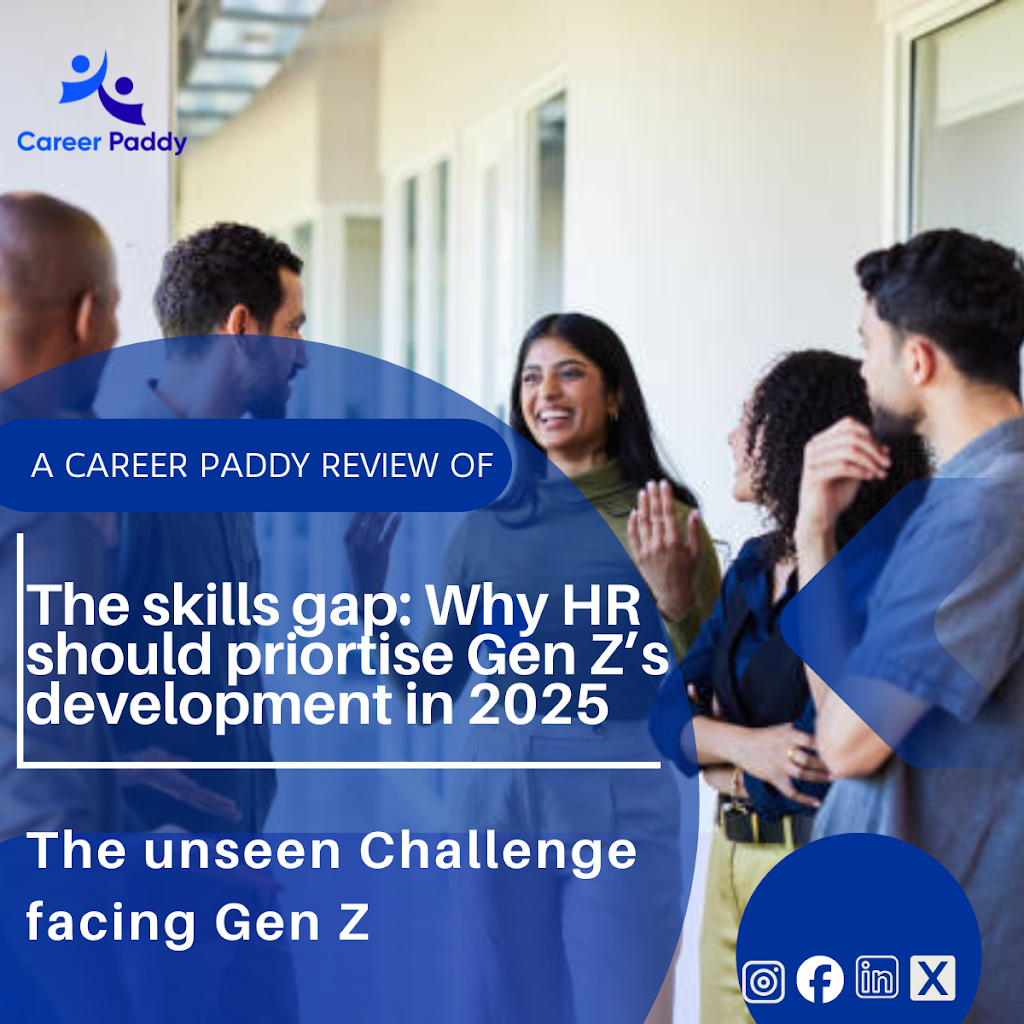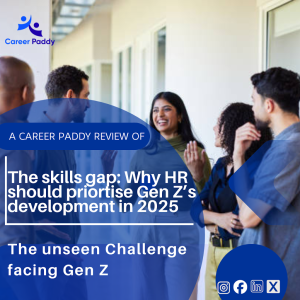The Unseen Challenge Facing Gen Z
In acknowledgement of “Tony Case’s illuminating article on WorkLife”, we embark upon a critical examination of the imperative before us: the cultivation of Generation Z’s capabilities within the modern workplace. These emerging professionals represent not only the future workforce but the architects of tomorrow’s innovation and organizational culture.
The Unseen Challenge Facing Gen Z
Generation Z enters professional environments armed with digital prowess yet often uncertain in interpersonal arenas. Research indicates that merely 25 percent of Gen Z professionals express confidence in networking or negotiation contexts, and an overwhelming 90 percent report experiencing social discomfort in the workplace.
Such dynamics risk diminishing collaboration, stifling creativity, and undermining employee well-being. Recognizing this challenge is the first step toward forging a more inclusive, supportive environment in which every individual may excel.
Embracing Gen Z’s Inherent Strengths
It is essential to appreciate the distinctive qualities Gen Z contributes:
• Empathy and Ethical Leadership. Their deep commitment to fairness and respect fosters a culture of trust.
• Adaptability and Digital Fluency. Having matured alongside rapid technological advancement, they innovate processes and accelerate digital transformation.
By reframing “soft skills” as strategic “power skills,” organizations can leverage these attributes to achieve sustained competitive advantage.
Strategic Initiatives to Bridge the Gap
Organizations that have invested in structured development yield measurable results. For example, Storyby’s integrated assessment and training program elevated employee engagement from 64 percent to 79 percent within six months.
Key components of successful initiatives include:
• Tailored Learning Pathways. Customized curricula that address both technical proficiencies and power skills.
• Continuous Feedback Mechanisms. Regular, constructive feedback delivered in a spirit of mentorship.
• Peer-to-Peer Collaboration. Cohorts and circles that encourage shared learning and mutual support.
A Call to Collective Leadership
As Jennifer Moss observes, each generation’s potential is shaped by the guidance it receives. HR leaders, executives, and seasoned professionals share a collective responsibility to:
• Champion Mentorship. Establish formal mentorship programs pairing Gen Z talent with experienced advisors.
• Foster Psychological Safety. Cultivate environments where questions are welcomed and risk-taking is encouraged.
• Invest in Lifelong Learning. Commit resources to ongoing development that evolves with workforce needs.
By uniting around these principles, we create a resilient organization—one in which every individual, regardless of tenure, contributes with confidence and purpose.
Prioritizing Gen Z’s development in 2025 is not merely a tactical response to a skills gap it is a strategic investment in the future of work itself. By acknowledging their strengths, addressing their developmental needs, and fostering an inspiring culture of growth, we empower the next generation to lead with vision, integrity, and innovation. Let this be our enduring legacy: a workplace transformed by the promise and potential of those who will shape tomorrow.
You can also access soft skills that can help you balance your career on the CareerPaddy app
• Career Paddy App on Play Store
• Career Paddy App on Apple Store
Stay tuned for more analysis from CaeerPaddy
#GenZLeadership #HRInnovation #StrategicDevelopment #PowerSkills #WorkplaceExcellence #MentorshipMatters #FutureFocused

